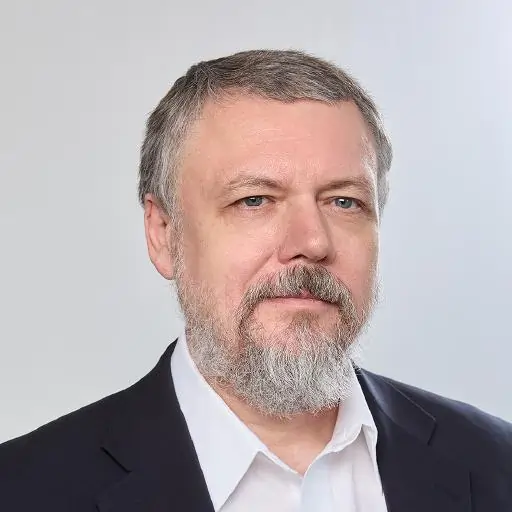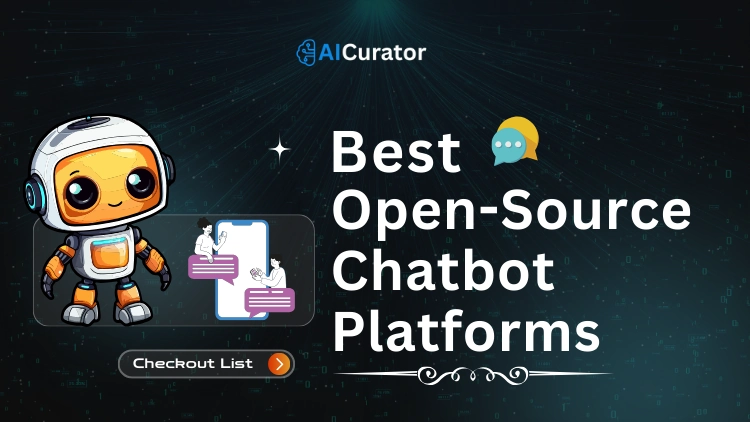Tachyum closed a binding agreement for $220 million in Series C funding from a European investor in October 2025, positioning the AI chip startup for a potential IPO by 2027.
The deal includes a massive $500 million purchase order for its Prodigy Universal Processor chips, signaling strong market demand for alternatives to traditional AI infrastructure.
The Chip That Does It All
Founded in 2016 by Dr. Radoslav Danilak, Tachyum set out to solve the performance plateau in chip design that traditional architectures couldn't break through.
Dr. Danilak brings serious credentials to the project.
He previously founded SandForce (acquired by LSI for $377 million) and Skyera (acquired by Western Digital), accumulating 137 patents along the way.

The company's Prodigy processor integrates CPU, GPGPU, and TPU functionality into a single chip.
Instead of requiring separate hardware for different workloads, Prodigy handles AI training, high-performance computing, and cloud operations on a single architecture.
Each chip packs 256 custom 64-bit cores and claims to deliver 3x the performance of top x86 processors and 6x the performance of leading GPGPUs for HPC tasks.
Company at a Glance
| Parameter | Details |
|---|---|
| Founded | 2016 |
| Headquarters | Las Vegas, NV / San Jose, CA |
| Founder & CEO | Dr. Radoslav Danilak |
| Product | Prodigy Universal Processor |
| Target Market | AI Data Centers, HPC, Cloud |
| IPO Timeline | Potentially 2027 |
Following the Money Trail
The timing couldn't be better for Tachyum. AI infrastructure spending is exploding globally, with projects like Stargate investing $500 billion in US data centers alone.
The US lead investor has a track record of taking semiconductor companies public, including one at nearly $1 billion valuation last year.
With over $300 million raised across three rounds, Tachyum now has the capital to complete the Prodigy tape-out with its latest design innovations.
The $500 million chip purchase order validates that buyers are ready to deploy Prodigy at scale. Tachyum claims the processor will reduce ultra-large language model costs by approximately two orders of magnitude while boosting AI performance dramatically.
Capital Raised Over Time
| Round | Amount | Lead Investors | Year |
|---|---|---|---|
| Series C | $220M | European investor, US lead investor | 2025 |
| Series B | Tens of millions | IPM Group, Across Private Investments | 2021 |
| Series A | $25M | IPM Group, Slovak Government | 2019 |
| Total | $300M+ | — | — |
Follow Tachyum's Progress
| Platform | Link |
|---|---|
| Website | tachyum.com |
| linkedin.com/company/tachyum | |
| facebook.com/Tachyum | |
| Twitter/X | x.com/Tachyum |
Can Tachyum Deliver on Bold Performance Claims?
The Series C capital will fund the complete Prodigy tape-out, bringing the chip closer to mass production.
Tachyum faces the challenge of proving its performance claims in real-world deployments against established players like NVIDIA and AMD.
However, the $500 million purchase order suggests at least one major buyer is betting big on the technology. If Prodigy delivers on its promise to slash AI infrastructure costs while boosting performance, Tachyum could capture significant market share in the booming AI data center sector.
The path to a 2027 IPO depends on successful silicon validation and customer deployments over the next 18 months.
















